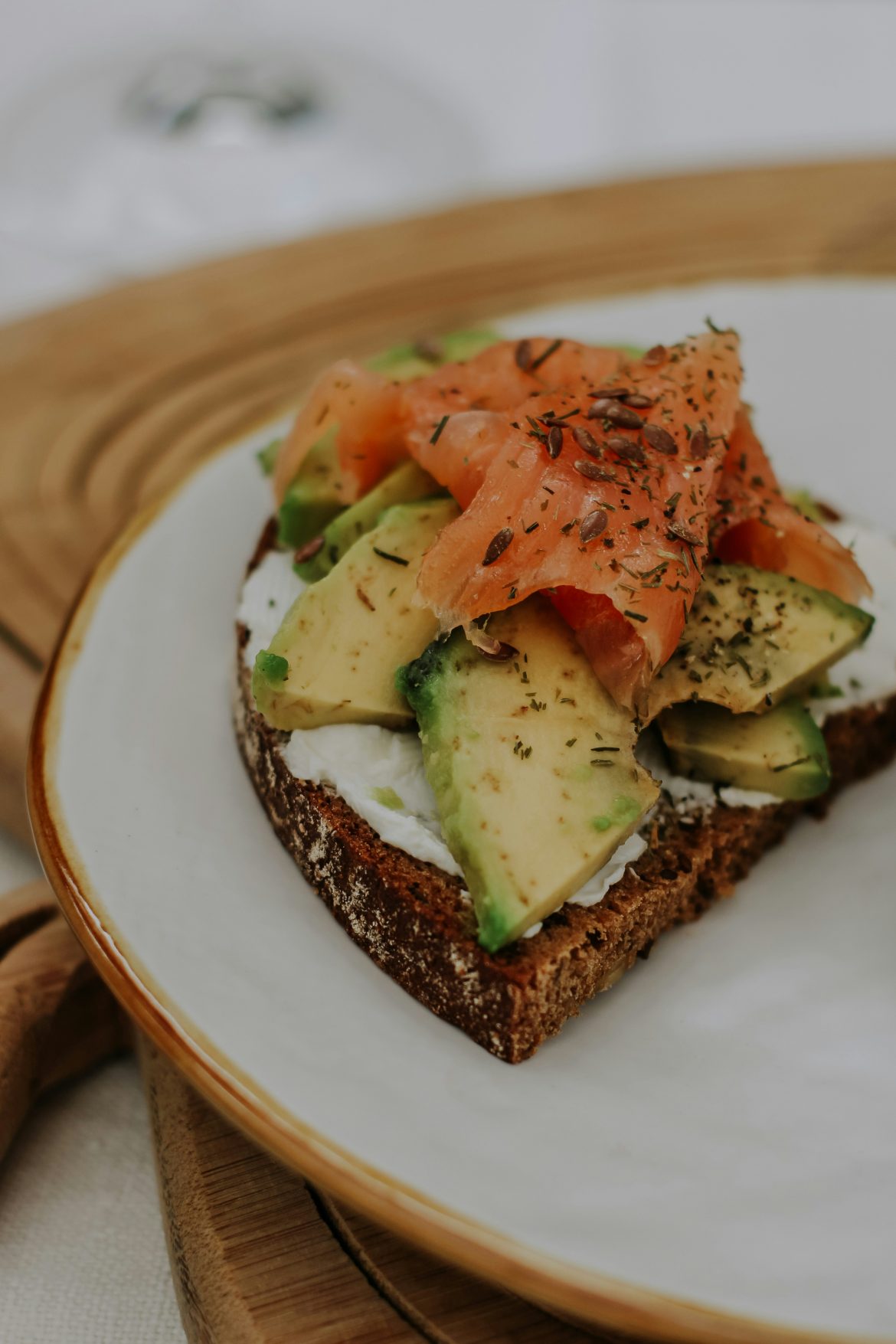When it comes to health and nutrition, myths spread faster than the latest TikTok trend. One day it’s lemon water, the next it’s cutting out gluten, and suddenly everyone has a “must-try” hack for weight loss.
According to an article by Taste, dieticians are constantly working to set the record straight – and honestly, it’s time these food myths were laid to rest. Here are five of the most common misconceptions experts wish we’d stop believing:
Gluten-free means better-for-you
The gluten-free aisle might look like a shortcut to health, but unless you’re living with coeliac disease or an intolerance, there’s no need to avoid gluten.
In fact, many gluten-free alternatives are highly refined and not automatically lower in calories or carbs. For most people, whole grains containing gluten, like brown bread or barley, offer valuable fibre and nutrients. The bottom line? Gluten-free doesn’t equal guilt-free.
Read more: Here’s what is important to know about weight loss trends, according to dieticians
All fats should be avoided
Fat has long been cast as the villain of healthy eating, but the truth is more nuanced. Our bodies actually need fats to absorb vitamins like A, D, E and K, and for overall brain health.
The trick is choosing the right kind: unsaturated fats found in avocados, olive oil, nuts and oily fish are linked to heart health, while trans fats and excess saturated fats are the ones to limit. Moderation is everything – even with “good” fats.
Lemon water melts fat
Starting the morning with warm lemon water may feel like the ultimate wellness ritual, but the idea that it magically burns fat is just not true.
Dieticians say there’s no solid research proving it helps with digestion or weight loss. That said, if it encourages you to hydrate before reaching for coffee, it’s still a win. Think of it as a refreshing way to drink more water, not a slimming trick.
Raw milk is healthier than pasteurised
The debate between raw and pasteurised milk pops up often, but pasteurisation is simply the process of heating milk to eliminate harmful bacteria. It doesn’t strip away nutrients – it just makes milk safer to drink.
In a country like South Africa, where refrigeration isn’t always accessible, pasteurisation is essential for extending shelf life and protecting communities. So, while raw milk may sound “natural,” pasteurised milk is the real hero.
Fruit is “too sugary”
Yes, fruit contains sugar, but it’s natural sugar paired with fibre, vitamins and minerals your body needs. Experts encourage keeping fruit in your diet, while being mindful of portions.
A smoothie made from seven different fruits in one go? Probably overkill. Pairing fruit with protein, like nuts or yoghurt, is a smart way to balance blood sugar levels – especially for those with diabetes. At the end of the day, fruit is far healthier than cutting it out.
Nutrition advice can be overwhelming, but the golden rule is balance. Instead of chasing quick fixes, focus on variety, moderation and what makes your body feel good. Myths may come and go, but sustainable habits will always win.
ALSO SEE: A BEGINNER’S GUIDE TO MINDFUL EATING

